Oct Mon
Accounting in Healthcare – What you need to know
By Smrithi Prabhu
Healthcare as an industry consists of businesses whose sole purpose is to provide medical services, manufacture medical equipment, and facilitate healthcare and treatment to patients. For this business to run smoothly, it is necessary to follow standards and adhere to UAE Healthcare Law and its regulations. If providing services connected to invoicing or submitting claims, healthcare accountants should be familiar with how to operate inside these UAE Healthcare compliant protocols because these kinds of papers frequently contain confidential information.
In contrast to general or company accounting, healthcare accounting has a large number of distinctive features as well as layered intricacies that require in-depth understanding and practice. Various healthcare facilities must navigate the complexities of layered economic factors such as government-sponsored programs and insurance that are closely connected to patient payment. In Dubai, the healthcare sector has witnessed tremendous growth over the past couple of years, here are some of the things that will help you understand more about healthcare accounting in the UAE:
1. Accounting Method most commonly followed
The most commonly used method is Accrual based accounting, where the accountants will record the relevant revenue and expenses before they are collected or paid for respectively. With this technique, healthcare facilities get a precise image of transactions occurring during the period.
Contrarily, when using the Cash Accounting method, revenue and expenses are only recorded after the transaction is completed. It is a simple straightforward method that is adequate with less demanding standards to be followed. This may not be considered as a viable method in the long run, because in some cases payments may take up to months to be finalized.
As a healthcare accountants, some of their daily duties would include the following:
a. Recording and maintaining patient payments
b. Medical Insurance Claims
c. Maintaining Payroll Records
d. Reports necessary for tax and audit
2. Accounting Reports vital to Healthcare
Accounting reports are vital to any sector or industry as it provides a summary and insight into the financial health of the company and the profitability of its recent operations. For entities such as hospital trustees, investors, and senior management, it is mandatory to produce accurate accounting reports to show the current year’s, quarters, or half-yearly performance. Some of them include:
a. Statement of Profit and Loss
b. Statement of Financial Position
c. Statement of Cash Flow
3. Audit Procedure followed in Healthcare
Internal Healthcare Audit is conducted to analyze, and assess the processes and internal controls. External Healthcare Audit is conducted to identify material misstatements and ensuring all details are stated relatively and accurately. In the UAE, there are numerous audit & advisory firms and consultants who are well-equipped to perform healthcare audits. The few things that must be followed by auditors during a healthcare facility audit are as follows:
a. Acquiring a list of all accounting books, documents, and other records maintained in the healthcare facility
b. Evaluating the internal control system for recording purchases, inventory, and the subsequent physical verification of the same.
c. Evaluating the records on the purchase of fixed assets, medicines, stores, provisions, and more.
d. Evaluation of bills, verification with fee structure, and with cash receipt books.
e. Rental Income, Interest, and Dividend Income should be verified properly.
4. VAT on Healthcare in UAE
The Government of the UAE is working hard to improve and develop strategies to establish a strong healthcare infrastructure such as state-of-the-art hospitals, clinics, and other facilities in the nation. One such element that will be crucial in determining how the healthcare sector is shaped is VAT. The VAT laws of UAE have extensively defined how VAT applies to healthcare and related supplies of goods and services in their countries. The UAE has predominantly made supplies of healthcare services subject to zero rates of VAT or a standard rate of VAT (5%).
The majority of the healthcare services under the UAE VAT Law are classified as zero-rated, which means they are preventive. This effectively means that such services are subject to 0% VAT but entitled to a refund of applicable VAT to the associated costs. However, certain healthcare services that are not basic and are not preventive, but rather more of a cosmetic nature are subject to the standard VAT rate, i.e. 5%.




